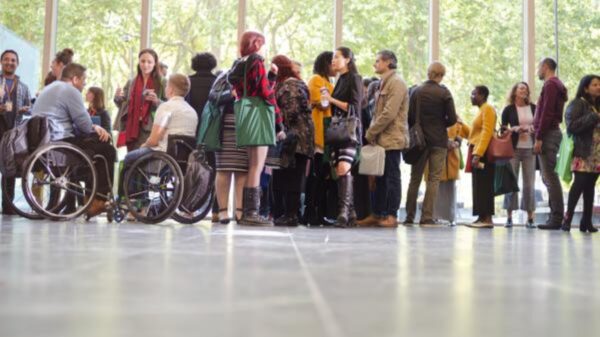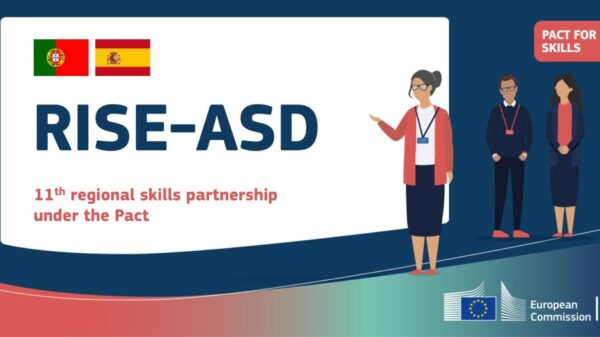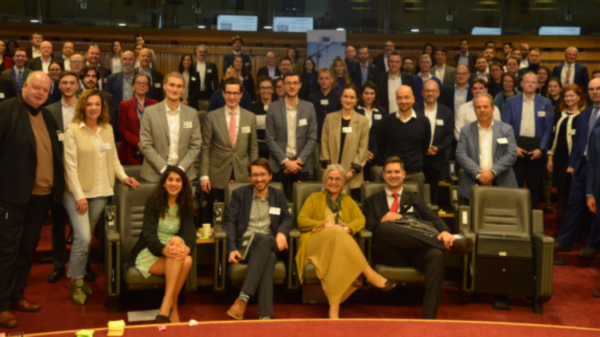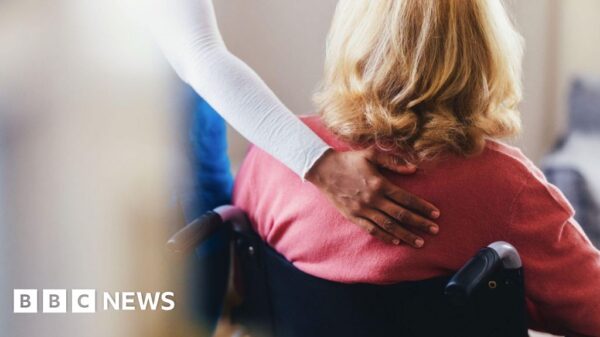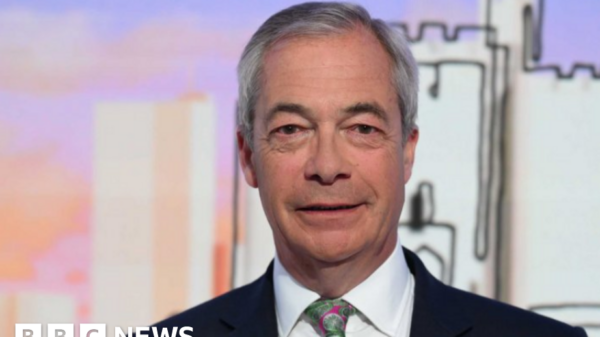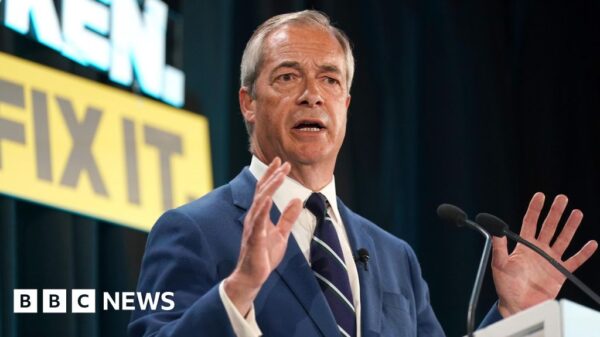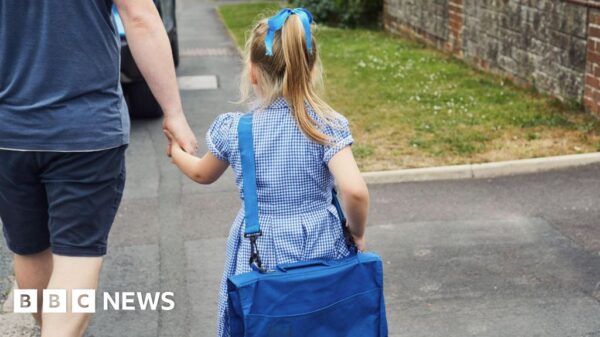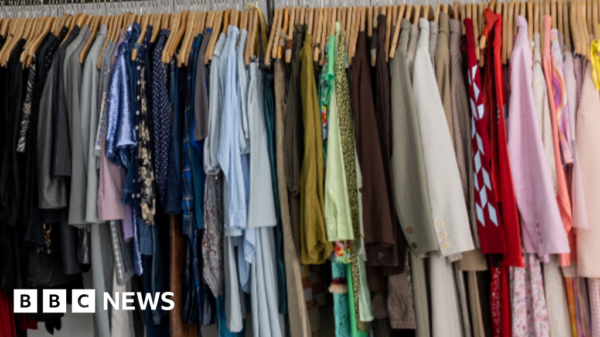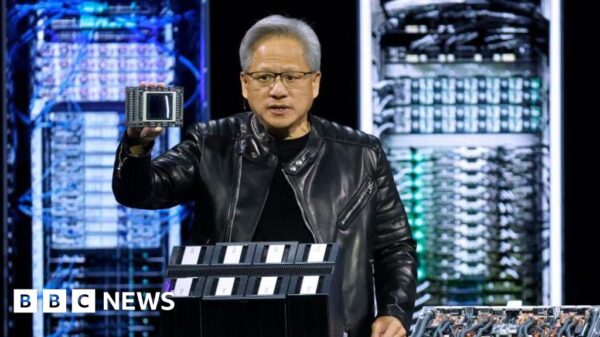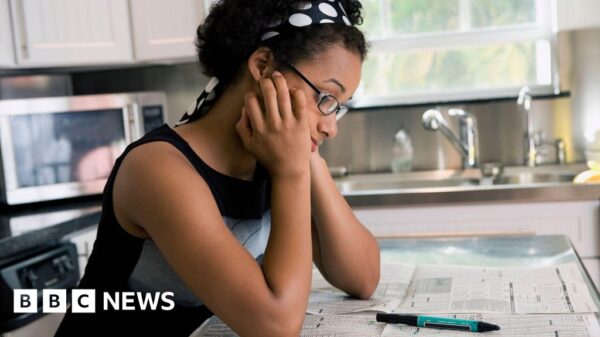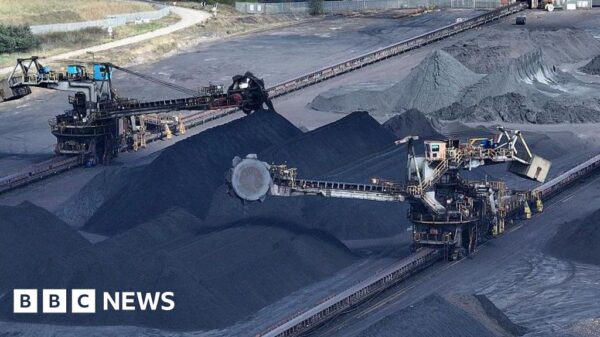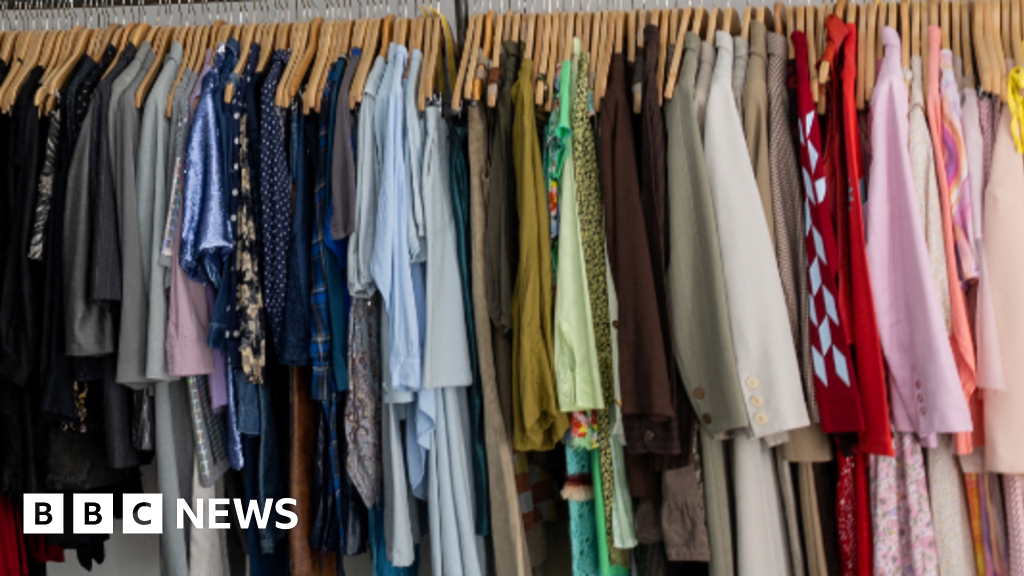Fast fashion shoppers need to think about where cheap clothes comes from before they make purchases, former Prime Minister Theresa May has said as she warned that the topic of modern slavery had slipped down the political agenda.
Speaking to Radio 4’s Woman’s Hour, she said some companies were actively checking their supply chains to make sure slave labour had not been used and reflecting that “on their packaging”.
She said consumers needed to be more aware of how items were produced and to “think about it before they buy”.
May said modern slavery was “the greatest human rights issue of our time” but also “destabilises economies”.
She added that governments needed to understand that forced labour created volatility in supply chains and “distorts” competition.
The former Conservative leader now leads the Global Commission on Modern Slavery Human which has produced a report on ending the practice.
The report estimates that 50 million men, women and children are “trapped in slavery” around the world and says government, businesses, civil society and the public needed to work together to eradicate the practice.
It calls for businesses to embed “human rights due diligence” in all its operations and to take action where problems were identified.
Speaking to Woman’s Hour, Baroness May said there was “a complete lack of awareness about the fact that slavery exists in these numbers around the world.
“When there is a cost of living crisis you look for that cheap fashion, you don’t ask where it comes from.
“How many of us actually ask where our clothes are made? Where are products are made when we’re buying them?
“There are some companies that are now actively taking the opportunity to look at supply chains, they’ll make sure they are fair, they will reflect that on their packaging.
“But it is really an awareness raising it needs, for people to look out for [the packaging], to know what’s happening and to think about it before they buy.”
Theresa May is known for her love of fashion and received gifts from designers including Stella McCartney but in accordance with government rules she paid for items she wanted to keep.
In recent years some retailers such as the Chinese fashion giant Shein have been accused of using forced labour in its supply chains.
In 2024, it promised to tighten scrutiny after finding two cases of child labour at its suppliers.
At a parliamentary committee hearing earlier this year, a senior lawyer for Shein said the company complied with “laws and regulations in the countries we operate in” and that suppliers were required to sign up to robust standards.
The company is currently looking to list its shares on the London Stock Exchange.
May said modern slavery had recently “fallen down the political agenda” and that she wanted to boost efforts to tackle it.
Asked why she thought the subject was receiving less attention, she said “governments often find it difficult to concentrate of lots of things at the same time” and that other issues such as climate change, conflict and Covid received greater focus.
Tackling modern slavery was a particular focus of May’s when she was home secretary and later prime minister.
In 2015, she passed the Modern Slavery Act which introduced new powers aimed at protecting victims and prosecuting offenders.
The law introduced a new defence for victims of slavery and trafficking who had been forced to break the law.
Following its introduction there was an increase in convictions for modern slavery offences.
However, Home Office ministers subsequently raised concern that the law was being abused by those in the UK illegally, who wanted to avoid deportation.
In 2022, the Conservative government, then led by Boris Johnson introduced changes aimed at helping decision makers identify genuine victims of modern slavery.


